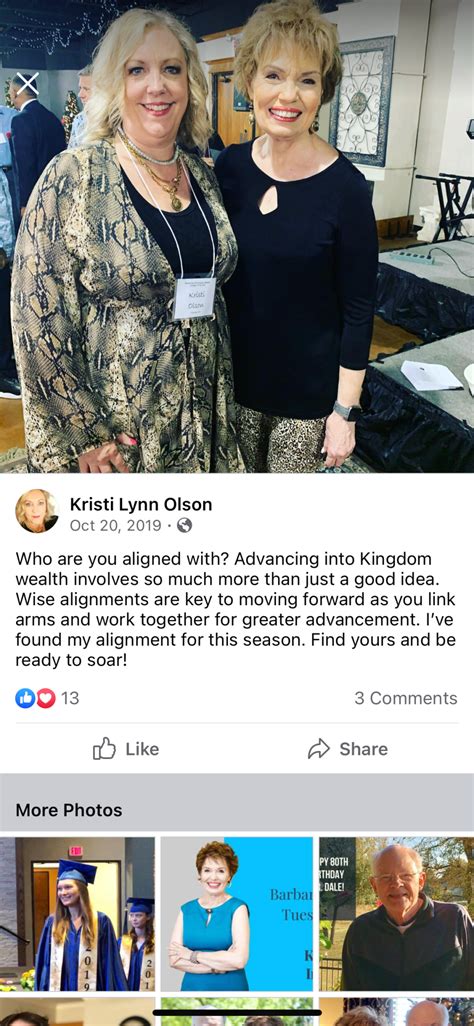A Quote by Roger Scruton
Great works of music speak to us from another realm even though they speak to us in ordinary physical sounds.
Related Quotes
There’s a real question as to what beauty is and why it’s important to us. Many pseudo-philosophers try to answer these questions and tell us they’re not really answerable. I draw on art and literature, and music in particular, because music is a wonderful example of something that’s in this world but not of this world. Great works of music speak to us from another realm even though they speak to us in ordinary physical sounds.
The tears of the world are a constant quantity. For each one who begins to weep somewhere else another stops. The same is true of the laugh. Let us not then speak ill of our generation, it is not any unhappier than its predecessors. Let us not speak well of it either. Let us not speak of it at all. It is true the population has increased.
For the only way one can speak of nothing is to speak of it as though it were something, just as the only way one can speak of God is to speak of him as though he were a man, which to be sure he was, in a sense, for a time, and as the only way one can speak of man, even our anthropologists have realized that, is to speak of him as though he were a termite.
I believe as musicians and artists we have an obligation to our souls. What that is? Only each one of us knows. I can speak for myself and say my obligation is to be happy. When I’m happy, I make great music. When I’m unhappy and my heart is broken, I may make brokenhearted music, but it still sounds good.
I believe as musicians and artists we have an obligation to our souls. What that is? Only each one of us knows. I can speak for myself and say my obligation is to be happy. When I'm happy, I make great music. When I'm unhappy and my heart is broken, I may make brokenhearted music, but it still sounds good.
But in order to speak about all and to all, one has to speak of what all know and of the reality common to us all. The seas, rains, necessity, desire, the struggle against death--these are things that unite us all. We resemble one another in what we see together, in what we suffer together. Dreams change from individual, but the reality of the world is common to us all. Striving towards realism is therefore legitimate, for it is basically related to the artistic adventure.
What I am suggesting is that each of us turn from the negativism that permeates our society and look for the remarkable good among those with whom we associate, that we speak of one another’s virtues more than we speak of one another’s faults, that optimism replace pessimism, that our faith exceed our fears. When I was a young man and was prone to speak critically, my father would say: “Cynics do not contribute, skeptics do not create, doubters do not achieve.
Do not let us speak of darker days, let us speak rather of sterner days. These are not dark days: these are great days-the greatest days our country has ever lived; and we must all thank God that we have been allowed, each of us according to our stations, to play a part in making these days memorable in the history of our race.
The recent statement of your executive committee are the sentiments of my own heart and I found myself in full accord when I read its opening lines: "A time comes when silence is betrayal." That time has come for us in relation to Vietnam. Some of us who have already begun to break the silence of the night have found that the calling to speak is often a vocation of agony, but we must speak. We must speak with all the humility that is appropriate to our limited vision, but we must speak.




































